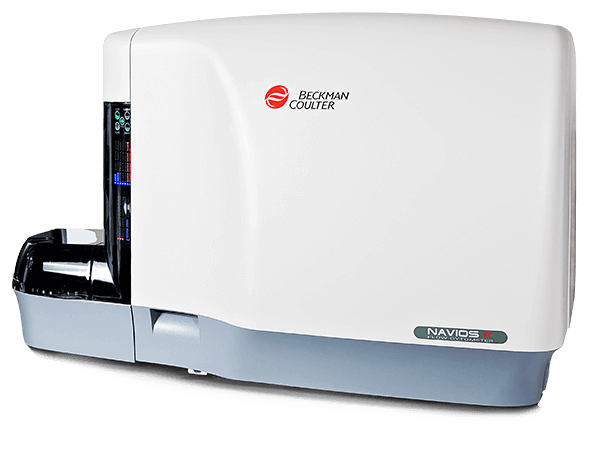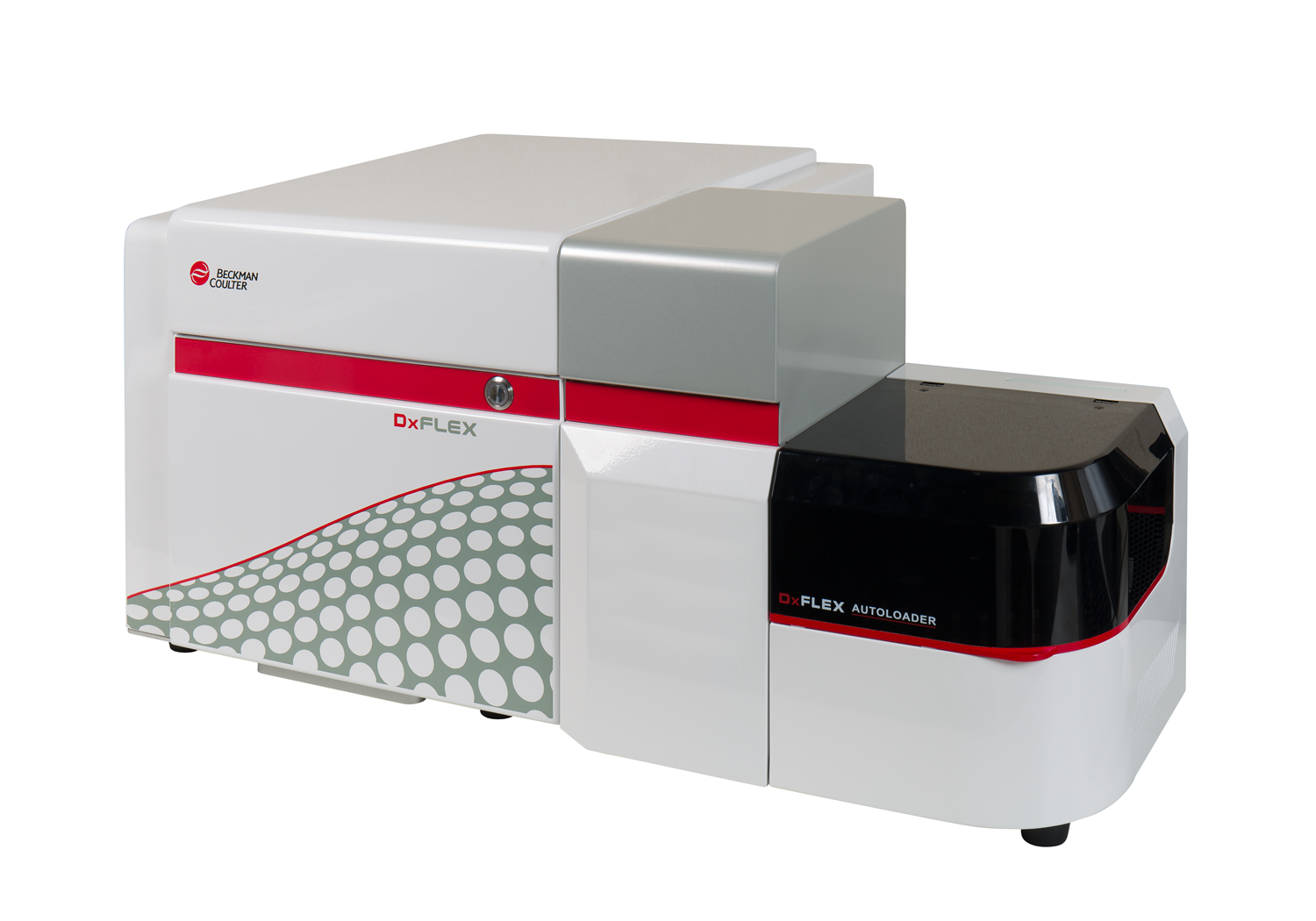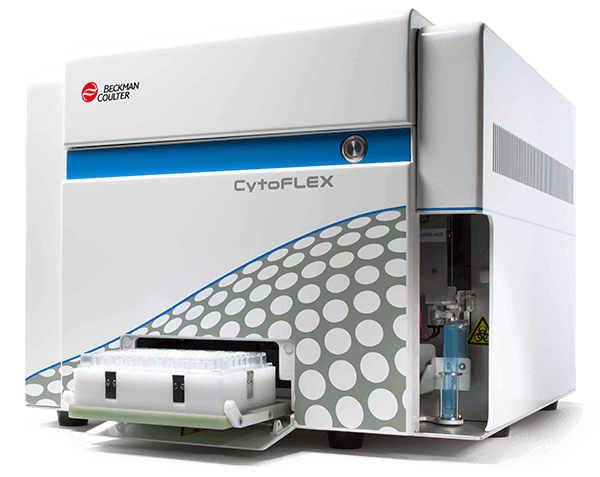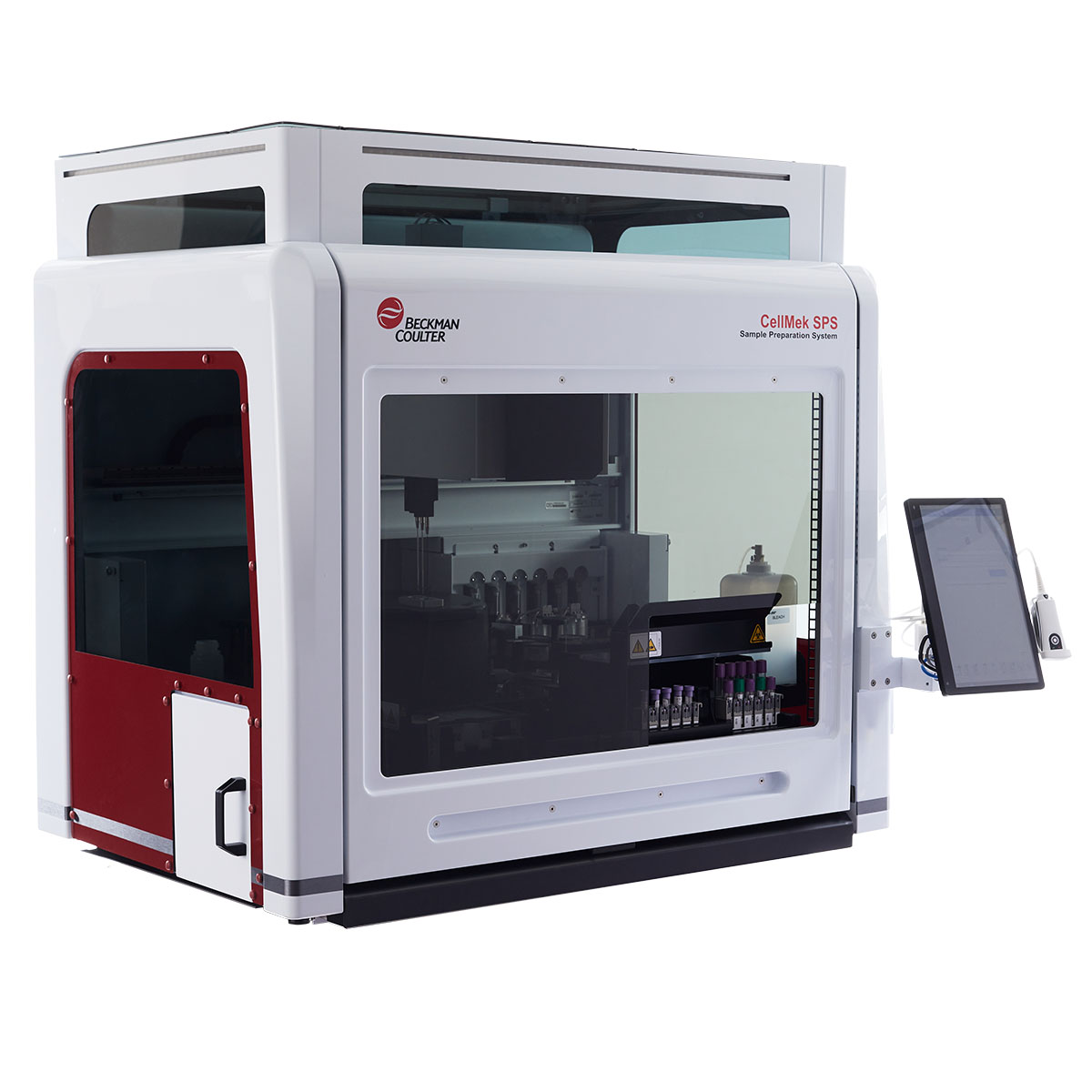APO2.7 (7A6) Antibodies
The APO2.7 antigen (also named 7A6 antigen) is a 38 kDa protein localized on the membrane of mitochondria whose expression appears to be restricted to cells undergoing apoptosis. The APO2.7 antigen can be detected after apoptosis induction via CD95/Fas ligation, irradiation or drug treatment. Expression of APO2.7 appears as an early event in the apoptosis process. Normal viable cells are negative or weakly positive for APO2.7. Research studies have shown that less than 2% of peripheral T cells from normal donors expressed the APO2.7 antigen. Some level of APO2.7 expression associated with an on-going apoptotic process has been demonstrated in activated T cells.
| Clone: 2.7A6A3 (APO2.7) | Isotype: IgG1 Mouse |
| The APO2.7 antibody can be used for the direct quantitation of apoptotic cells by flow cytometry, after permeabilization with digitonin. Use of APO2.7 allows for precise monitoring of the early and late cellular responses during apoptosis. | |






